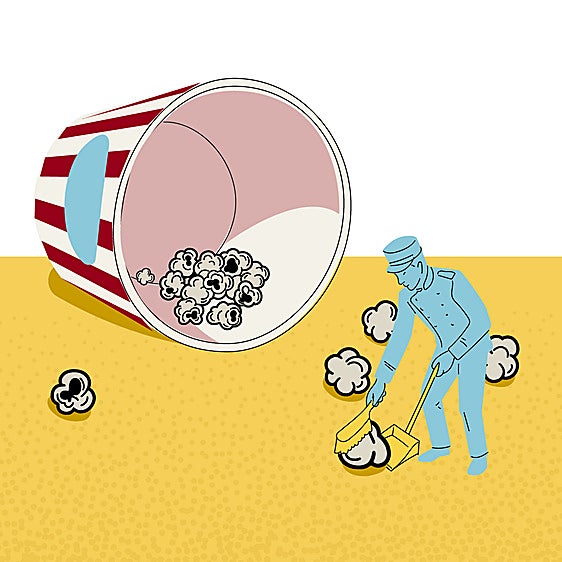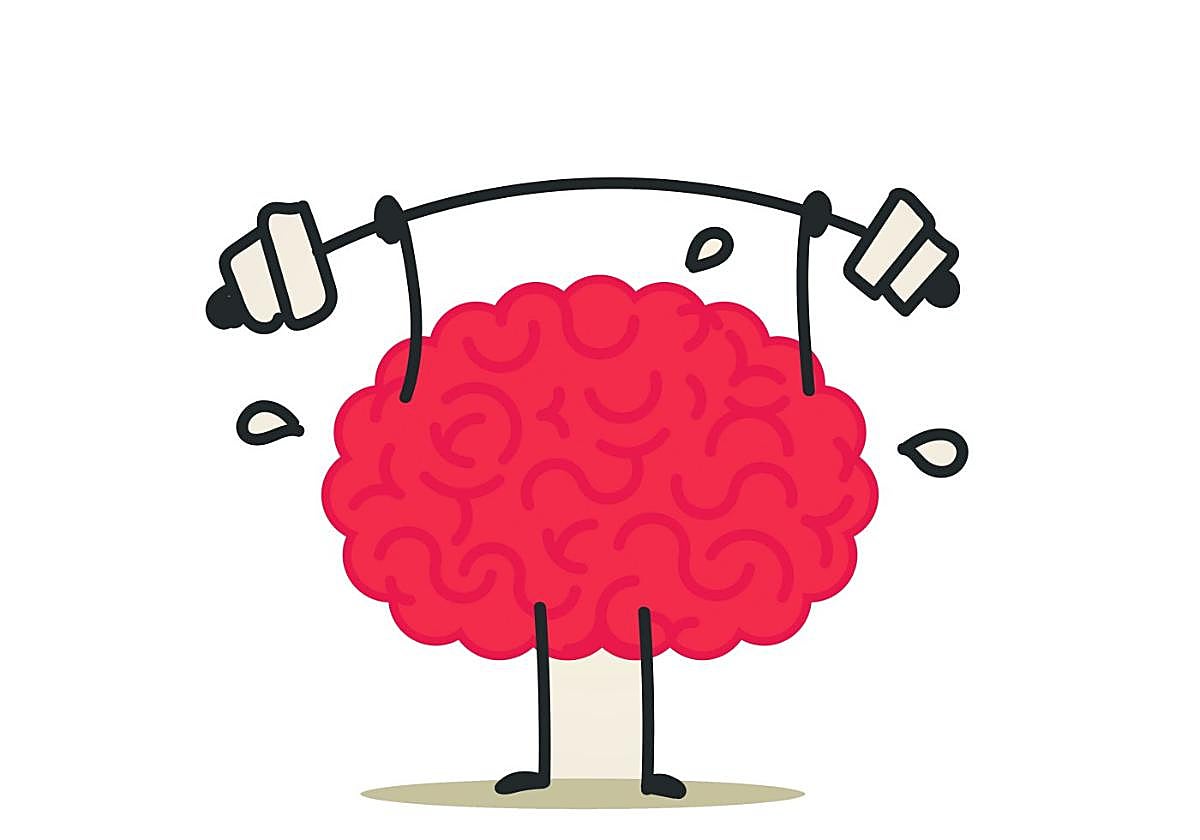Five exercises to avoid cognitive decline
Memory and other cognitive training can help recover and then maintain brain function, slow down cognitive decline and even spot any downturn a year ahead
Solange Vázquez
Madrid
Friday, 26 April 2024, 13:16
Let's just stop and think about this: don't we spend at least half our lives investing so much effort and energy into things – or people, feelings, problems – that are by no means the most important? Well, we do the same with our bodies. We take care of our skin, our hair, our weight, if we see that we are losing elasticity or mobility over the years we look for a remedy to keep what we have in the best possible condition... "But the brain, since it cannot be seen and does not embarrass us, we neglect it," says the plain-speaking neuropsychologist Carolina Sastre. She works on the creation of specific activities to train cognitive function on the NeuronUP platform, a tool that supplies exercises to hospitals, universities and associations in over 30 countries, helping those affected by different ailments and disorders of the brain.
Her work consists of designing specific activities and exercises to improve different cognitive functions. Such exercises have to be tailored to the ailment as preparing material for multiple sclerosis patients is not the same as that for stroke patients or for people losing their memory or thinking speed due to age. "We break down what aspect we want to act on and, based on parameters that we collect from a lot of literature, research and very extensive databases, we develop exercises that we test on people with no such problems and then on patients," says Sastre.
She goes on to explain that they try to ensure that these activities to get the brain in shape are related to real life. Also, that they are accessible to everyone so that the user's motivation does not decline, as sometimes happens with physical activity. Although these exercises are designed for people with cognitive problems, Sastre makes the point that training the brain is always a good idea for everyone.
"A bit of 'brain training' serves to recover lost cognitive and other brain functions, delaying the progression of brain issues, even allowing some users to develop abilities they never had before," says Íñigo Fernández de Piérola, CEO of NeuronUP, who is keen on the term "brain plasticity". Yes, the brain can be trained and toned up, just like any muscle can. Furthermore, it is so malleable that, if the risk of cognitive decline is predicted a year in advance (something that is also uncovered by these exercises), you can take action to delay, or alleviate, the onset of diseases such as Parkinson's or Alzheimer's.
To sum up, there are brain exercises for pretty much everything. Here are five simple exercises created by these experts to prevent cognitive decline:
1. Stay alert
Staying focused is the basis of any activity. If we are unable to pay attention to a task for the required time, we will never be able to finish it successfully. How to train for that? Simply by copying something. If we drift off, then we will make mistakes, we will skip things or it will take too long to finish, if we manage to finish at all. In older people with cognitive impairment, it has been shown that their capacity to maintain attention on a task is progressively reduced but, with the exercise of copying something (a sentence, an array of letters or paragraphs, depending on the case), they can improve.
2. Improve attention
In our daily lives it is key for us to be able to find one or more elements among a whole set of things (spotting a friend in a crowded bar, your child leaving school, your car in the car park, a spoon mixed up with several forks...). For this, selective attention is an essential attribute. It is affected when cognitive decline begins due to age or some disease. How to train this ability? With small matching games (paired cards, coloured chips...).
3. Speed up brain processing
A task that may seem as simple as waiting for luggage to appear on the airport carousel requires several simultaneous cognitive skills: sustained attention to look at each suitcase, selective attention to identify ours, and processing speed to make sure we pick it up in time as it's about to pass in front of us. The same thing can happen to us when queueing at the fishmonger's and they call our number, and so it goes on in other common situations. When there is cognitive impairment, however, a slowing down in general processing is usually observed. How to keep that in check? By taking advantage of these everyday situations to jog the brain.
4. Plan out that work
This is also a fundamental task in our daily lives. To do anything we have to organise the steps to achieve it. Better still if we optimise the ordering as this will help us be more efficient and effective. When cognitive decline starts, it becomes evident that that person's organisation of their routines and tasks is worsening. How to stop it? Put all activities in order, organised by steps - for example, with a list.
5. Shape up your memory
Doing calculations in our head should be a basic skill. Not only to calculate how much a purchase is costing us, but also for the amount of food we will have to buy, the space available in a room when buying a piece of furniture... All this is done thanks to working memory and it has been proven that, in cognitive impairment, all these mental calculations are seriously affected. How to work on this function? By giving ourselves problems with linked actions.



